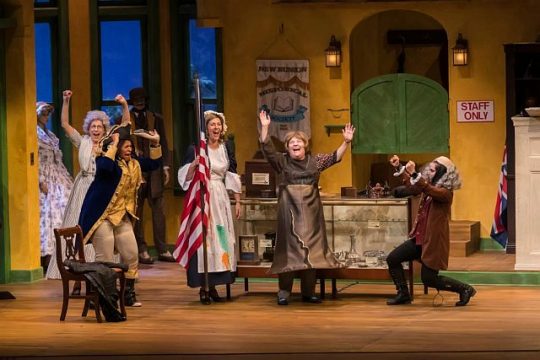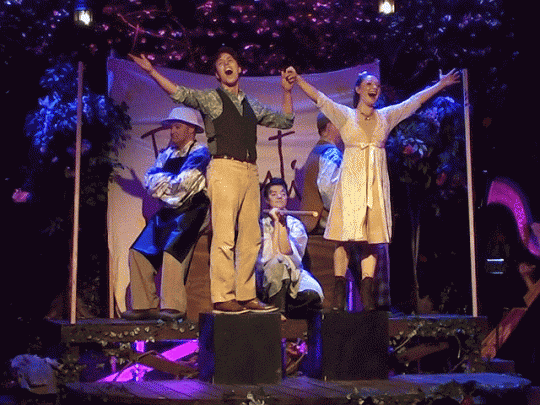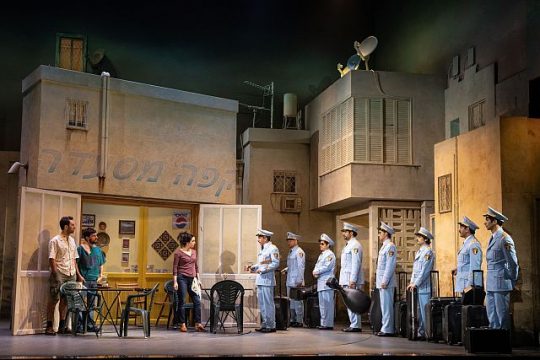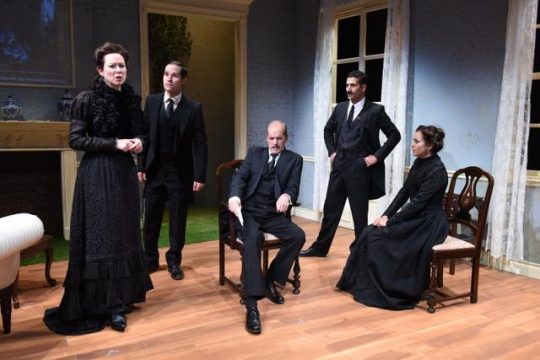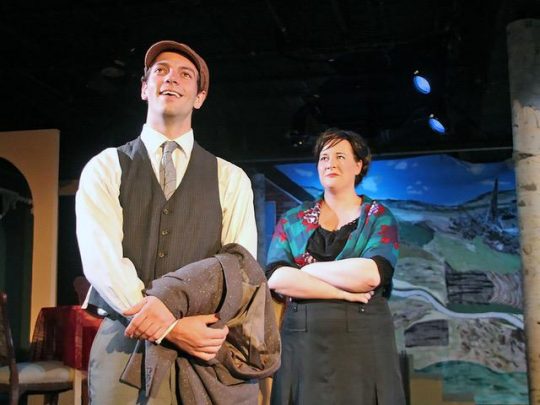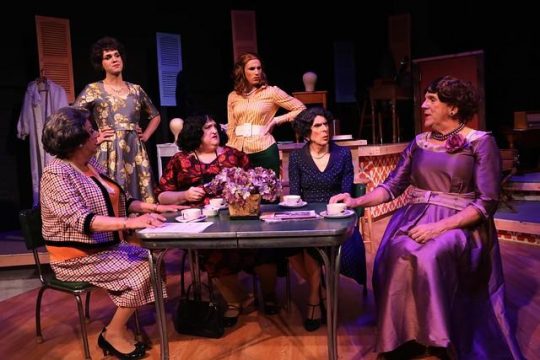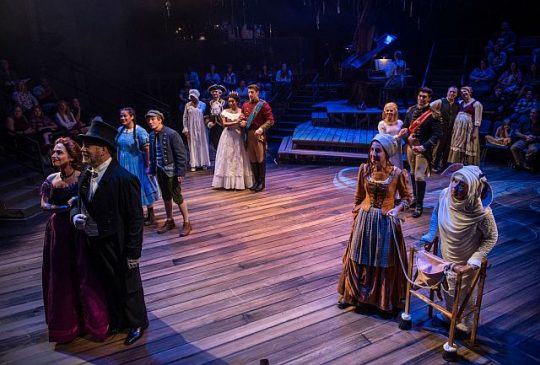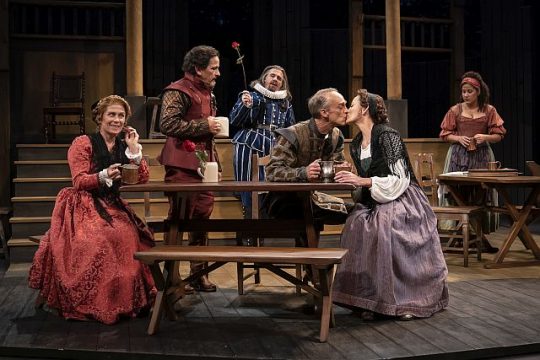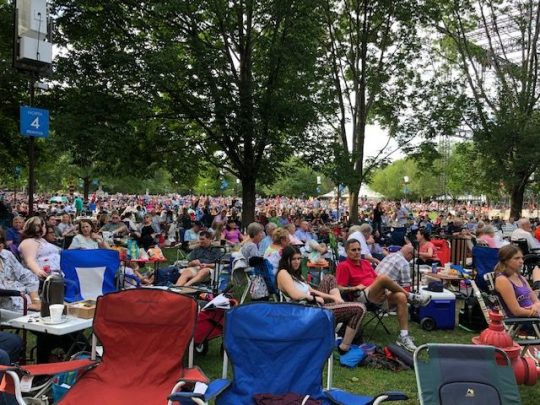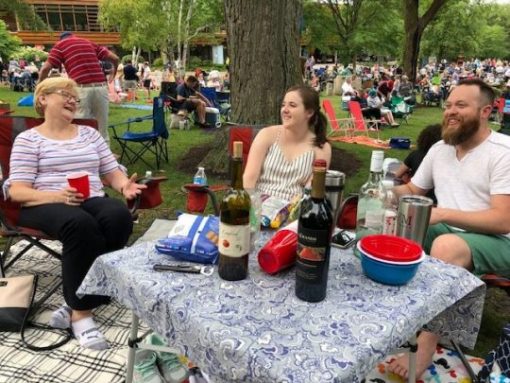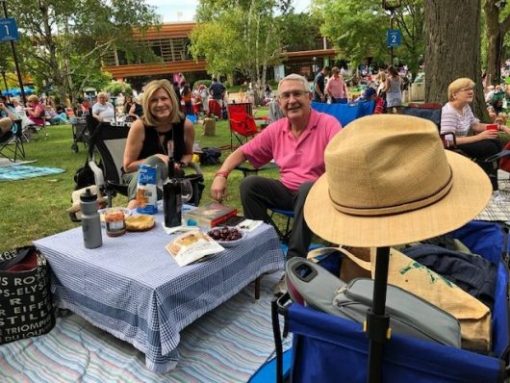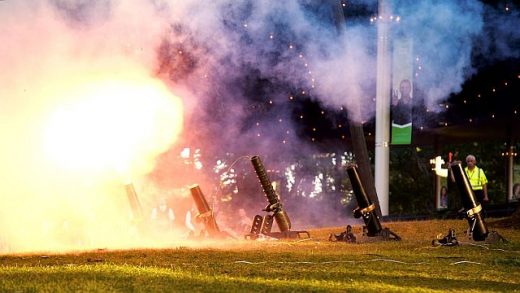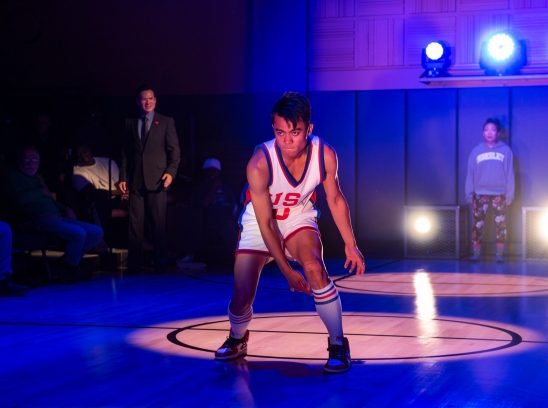
4 stars
‘The Great Leap’
In the first act of playwright Lauren Lee’s “The Great Leap,” James Seol as Wen Chang, interpreter for an American college basketball coach who is visiting China, somewhat humorously observes Charles Dicken’s “It was the best of times” and goes on to say how it was the worst of times.
But as with “Tale of Two Cities” the famed quote was appropriate for the play’s setting, primarily Beijing 1971 and 18 years later Beijing 1989.
Because in 1971 the play’s action starts during China’s Cultural Revolution, basically 1966 to 1976. Chang notes that nothing is done without Party approval.
In Beijing, 18 years later, the American college coach is bringing his team to China. Chang is now coach of an impressive Chinese basketball team and both Chang and China have changed.
But the play isn’t just about China, even though Chang says basketball has forever changed the culture.
“The Great Leap” is a fast-paced, energy-charged, witty play performed by an exceptional cast under the direction of Jesca Prudencio, known internationally for handling shows that incorporate a high-level of physicality.
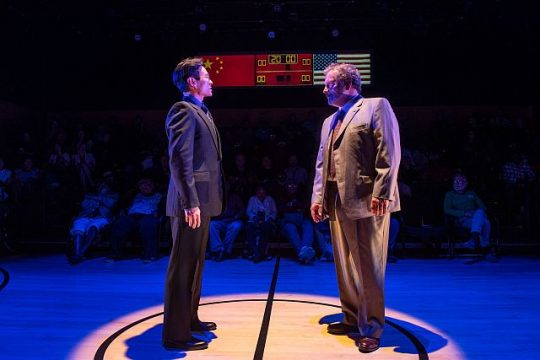
Based on Lee’s actual family experience with her father, Larry Lee, a legendary San Francisco street basketball player, the play centers on how talented point guard, Manford Lum, played with extraordinary agility and know-how by Glenn Obrero, talked himself onto the 1989 San Francisco college team that was gong to China. , Obrero, a Chicago and TV actor is a former street basketball player.
Connecting all the parts from China in 1971 to San Francisco in May 1989 then China in June 1989 with heart and bravado is veteran film, TV and Chicago (Steppenwolf, Goodman, Rivendellactor Keith Kupfere, actor Keith Kupfere, playing Saul, a San Francisco university basketball coach.
The fourth actor in the well-chosen cast is Deanne Myers, Manford’s “cousin” Connie, who keeps abreast of what is going on in China and worries about Manford. Also a veteran of Chicago stage, Myers is the voice of reason and could arguably be a stand-in for the playwright.
The show is more than a chance to pick up some world-of-basketball knowledge. It is an opportunity to enjoy really fine performances and directing.
DETAILS: “The Great Leap” is at Steppenwolf, 1650 N. Halsted St., Chicago through Oct. 20. Running time: 2 hours with one intermission. For tickets and other information call (312) 335-1650 or visit Steppenwolf.
Jodie Jacobs
For more shows visit Theatre in Chicago

